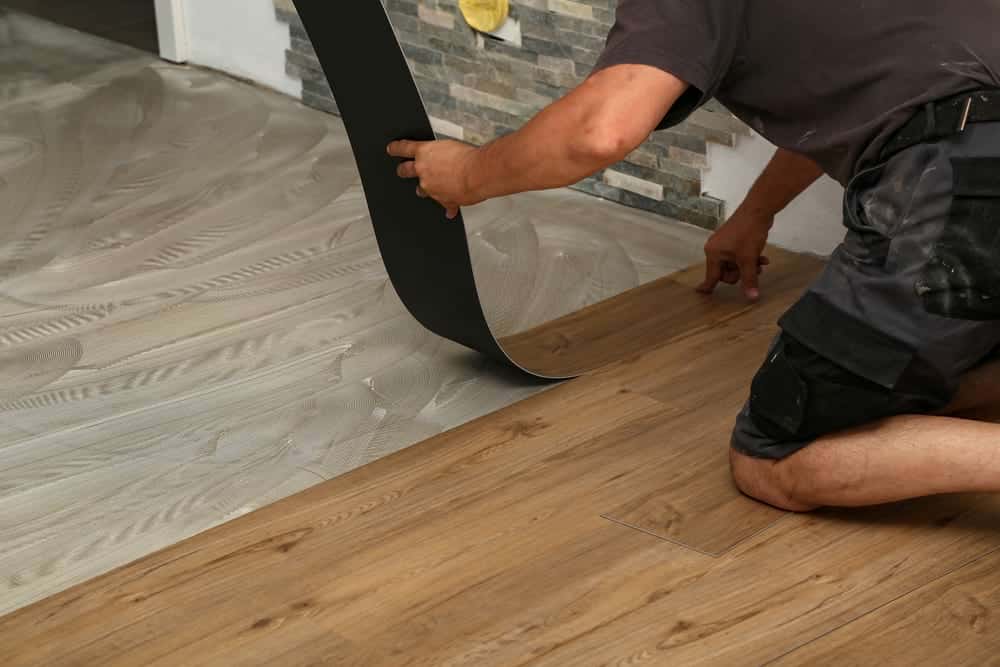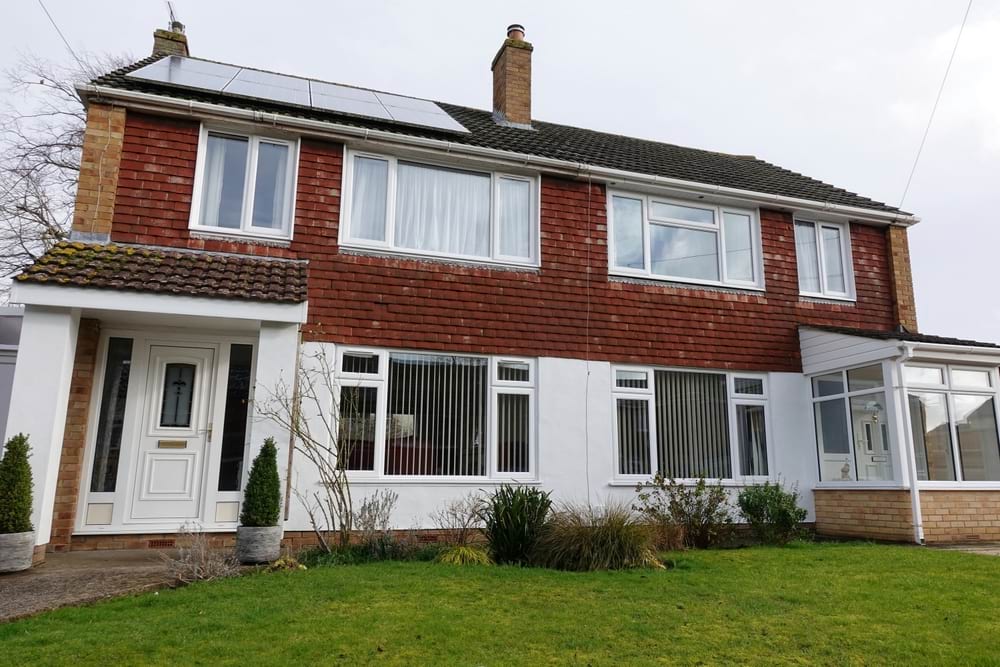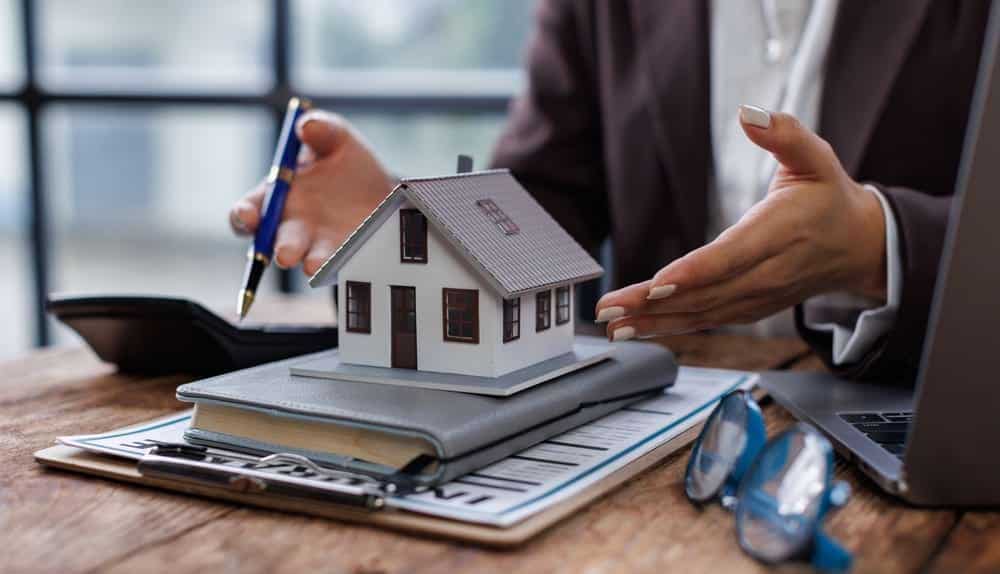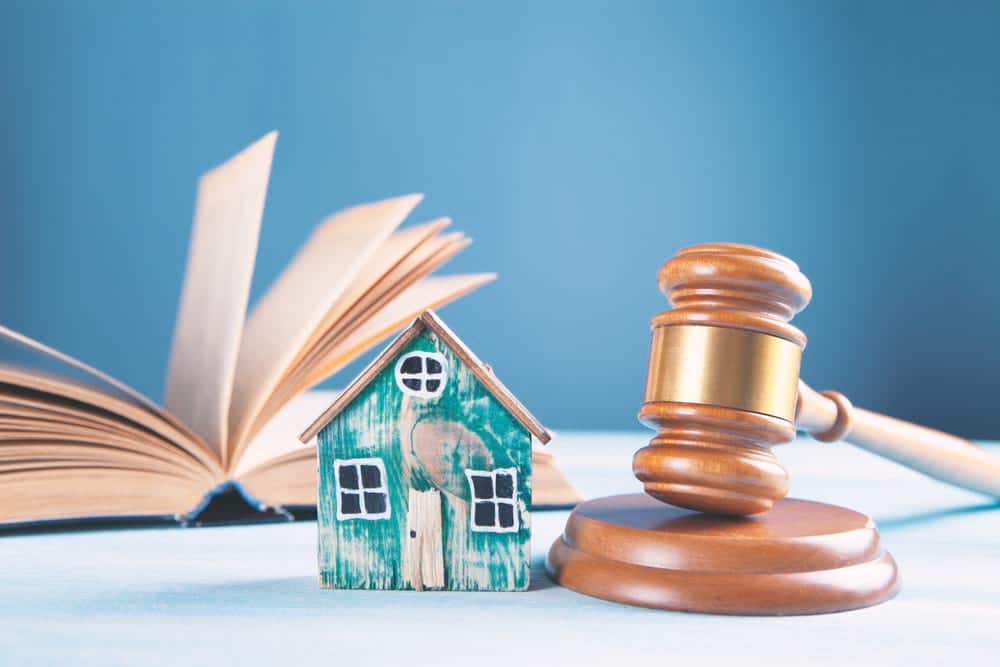Many people sell their homes for more than they bought them for.
However, when people (or companies) flip houses, they accelerate the buying and selling processes.
Although there is profit to be made from this, there is risk and uncertainty, too.
Read on to learn about what flipping houses is, how it works and more.
What is house flipping?
House flipping is the practice of buying property and then selling it on with the goal of making a profit.
The timeframe and profit (or loss) for each flip varies, though the two are often linked. In general, the faster a flip happens the higher the profit.
This is because there are often costs associated with holding onto properties over time, including:
- Mortgage interest
- Taxes
- Insurance
- Property maintenance costs.
Renovations
Most – but not all – house flips involve some re-decoration, repairs, or renovation.
The degree to which this is done depends on the house flipper, their skills and budget.
Most are looking to get a good return on investment (ROI) on any work done. But this is not always something it’s possible to accurately estimate.
A lot will depend on each flipper’s experience and judgment – and potential buyer’s preferences later on.
Timing
Timing is a crucial part of house flipping. Market conditions can have a big impact on the profitability of a house flipping project.
For example, there could be an unexpected downtown in the market after a property purchase. So, even a quick sale could cause the flipper to lose money.
Conversely, if the market improves after the initial purchase, more profit might be made.
In the meantime, people flipping a house need to consider mortgage costs, taxes (including council tax) and other bills.
Who flips houses?
Individuals, property investors and house-buying companies flip properties.
They may find these houses on the open market, at a property auction or via a private sale. And they are often cash buyers but some finance flipping with loans.
In each scenario, the person (or company) flipping the house might have the skills themselves to renovate it. Or they might simply have a reliable network of contractors to work with.
Reasons to flip houses
The main goal of a house flip is to make a profit. You can potentially make tens of thousands of pounds (or more!) on each project.
It can also be a career path. This is particularly true if you have skills related to renovation and construction. It also applies to those good at project management.
Should you sell your property to someone who will flip it?
This depends on your circumstances and priorities.
Most people want to sell their house for the best possible price. This often means investing money into improving it, first (i.e., adding value to it).
However, things are different for those who want to move fast and don’t have the time or money to renovate a property themselves.
Common house flipping tasks
1. Making repairs
Run-down properties can often require significant repairs.
A house flipper can add tens of thousands of pounds onto the value by doing these.
It’s possible to sell a run-down property, too. So even making few or no repairs could still lead to a profit if the house flipper knows the right buyer or times a sale well.
2. Extensions
Creating an extension is the most common way to increase a property’s value.
Your square footage will go up, which makes the house more valuable. More people can live in there comfortably.
3. Loft conversion
This doesn’t extend the house structure – it simply changes the purpose of one of the rooms.
Loft conversions are popular because they can add an extra bedroom, which is the most valuable type of room.
You don’t need planning permission if the house’s structure stays unchanged.
4. Changing aesthetic/renovation
Sometimes, the function of the house is fine. But it’s the aesthetic that destroys its value.
A house flipper may repaint the walls and remove hideous ornaments. Clearing out the house of a hoarder is a typical example. Removing dampness is another scenario.
Major projects like these can have a significant impact on value. It can create a sizeable profit without much cost.
5. Extending the lease
A leasehold flat is less valuable when the lease term drops below 80 years. This is because you struggle to get a mortgage on it with a ‘typical’ bank.
Extending the lease will instantly increase its value.
You can then sell it on the open market. It’s an expensive and time-consuming thing to do. But in the long run, it’s usually financially worthwhile.


















